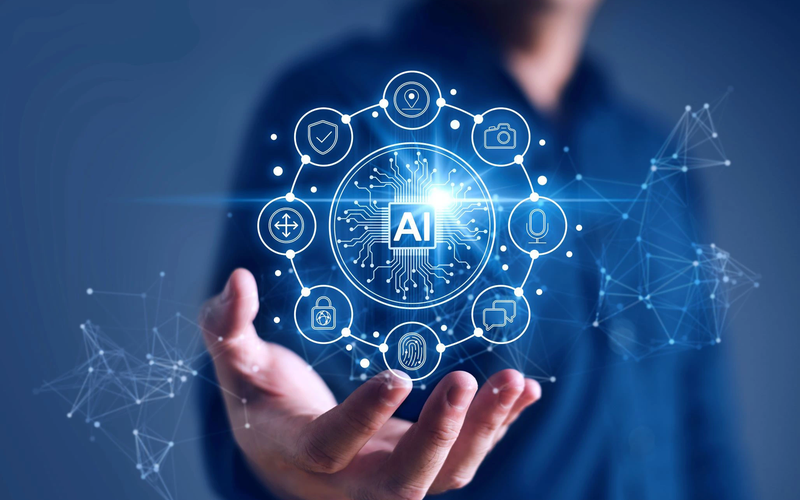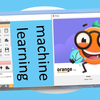
The State of AI and Machine Learning in 2025
Artificial Intelligence (AI) and Machine Learning (ML) have taken significant leaps in 2025, reshaping industries, redefining work, and transforming the way people interact with technology. This year marks a turning point, as AI systems move beyond being experimental tools to becoming deeply embedded in everyday life and business operations.
1. Democratization of AI
AI has become more accessible than ever. Thanks to open-source frameworks, no-code platforms, and cloud-based AI services, startups and small businesses can now leverage advanced models without massive infrastructure investments. This democratization has fueled innovation in healthcare, agriculture, education, and finance.
2. Generative AI Matures
In 2025, generative AI is no longer just about creating images or text-it powers software development, drug discovery, and personalized education. AI copilots assist engineers, writers, and researchers, accelerating productivity while opening discussions around ethics, copyright, and authenticity.
3. AI in the Workplace
Companies are adopting AI-driven HR tools, compliance monitoring systems, and employee support platforms. These systems enhance productivity but also raise concerns about privacy, transparency, and bias. The balance between efficiency and ethics is more important than ever.
4. Regulation and Governance
Governments worldwide are stepping up with AI regulations. The EU’s AI Act, U.S. policy frameworks, and similar initiatives in Asia and Africa emphasize transparency, accountability, and safety. Businesses must now integrate governance strategies into AI development to remain compliant.
5. AI and Sustainability
AI is increasingly used to fight climate change by optimizing energy grids, monitoring deforestation, predicting extreme weather, and enabling precision agriculture. In 2025, AI is seen as a key ally in achieving global sustainability goals.
6. The Rise of Hybrid Intelligence
Instead of replacing humans, AI systems are designed to work alongside them. Hybrid intelligence-where human judgment and AI insights merge-is driving breakthroughs in law, medicine, and scientific research. The focus has shifted from automation to augmentation.
Final Thoughts
As we navigate 2025, AI and ML are no longer futuristic concepts-they are here, shaping our world daily. The challenge lies in ensuring these powerful tools are developed and deployed responsibly, balancing innovation with ethics and governance. The future of AI isn’t about machines versus humans, but about how both can thrive together.











